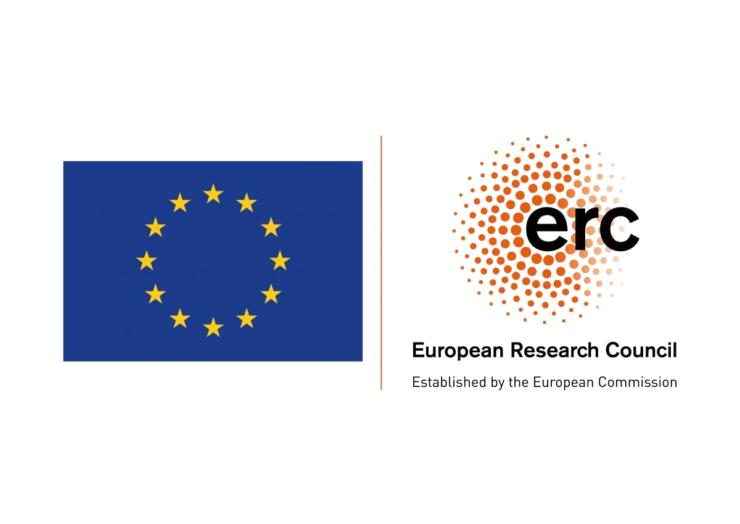Conference Programme “Forensic Cultures”
Thursday 26th of August
| 9:00 CET | Welcome by Willemijn Ruberg |
| 9:15 | Keynote Alison Adam, ‘Blood will out: blood typing, gender and forensic objectivity’ |
| 10:15 | Break |
| 10:30 | Panel 1: Infanticide and Forensic Expertise
Chair: Willemijn Ruberg · Siska van der Plas, ‘The role of gender in the image of male and female child murderers in Dutch courtrooms and newspapers, 1960-1989’ · Tony Ward and Rachel Dixon, ‘Infanticide cases, forensic evidence and the element of certainty in twentieth-century England’ · Daniel Grey, ‘The Lady Vanishes? Forensic culture, “common sense” and the ongoing problem of infanticide in England and Wales, 1900-2020’ · Sara Serrano Martínez, ‘The umbilical cord problem and experts’ and judges’ attitudes towards infanticide in the Spanish forensic culture (c. 1923-1959)’ |
| 12:10 | Lunch |
| 13:00 | Panel 2: Political Regimes and Disciplines
Chair: Filipe Santos · Kateřina Lišková, ‘Sexology as forensic science in state-socialist Czechoslovakia. On the intersections of expertise with the state and changes in the understanding of sexual deviance’ · Volha Parfenchyk, ‘How law reads emotions: Translating the motive of jealousy into Russian legal discourse’ · Mikhail Pogorelov, ‘Redefining professional jurisdiction of forensic psychiatry in early Soviet Russia, 1918 – 1936’ |
| 14:25 | Break |
|
14:40 |
Panel 3: The Authority of Experts in the Courtroom
Chair: Volha Parfenchyk · Svein Atle Skålevåg, ‘Forensic cultures and the relative significance of criminal responsibility’ · Gethin Rees, ‘Forensic expert marginalisation: Post-controversy science in the courtroom’ |
| 15:40 | Closing |
Friday 27th of August
| 9:00 CET | Panel 4: Knowledge Transfer
Chair: Kateřina Lišková · Annette Mülberger, ‘Women in the history of forensic psychology: The contribution of Concepción Arenal (1820-1893)’ · Ana María Gómez López, ‘Forensic taphonomy and its multiple histories’ · Heather Wolffram, ‘Teaching Grossian criminalistics in Imperial Germany’ |
| 10:20 | Break |
| 11:00 | Panel 5: Performance of Forensic Science
Chair: Annette Mülberger · Pauline Dirven, ‘The forensic expert look: Embodied performances of forensic expertise, England 1920-1950’ · Filipe Santos, ‘The “key” to the crime: Criminal cases and the projection of expectations about forensics DNA technologies in the Portuguese press’ · Željana Tunić, ‘”Forensic lookalikes”. Imitating forensic gestures and producing nationalistic truth regimes in late-socialist Yugoslavia and its successor states’ |
| 12:25 | Lunch break |
| 14:20 | Panel 6: Sexual Violence and Forensic Expertise
Chair: Pauline Dirven · Stephanie Wright, ‘”Facts that are declared proven”: Francoism, forensic medicine, and the policing of sexual violence in twentieth-century Spain’ · Alejandra Palafox Menegazzi, ‘Medical-forensic representations of the crime of rape in Chile (1900-1950)’ · Lara Bergers, ‘The making of a victim. Investigative and trial practices in twentieth-century Dutch sex crimes cases’ |
| 15:45 | Break |
| 16:00 | Networking Activity in Glimpse (speakers only) |
| 17:00 | Closing |
Saturday 28th of August
| 9:00 CET | Panel 7: Mass Violence and Forensic Evidence
Chair: Sara Serrano-Martínez · Taline Garibian, ‘Forensics in death camps. Keit Mant’s investigations on Nazi Germany crimes’ · María Fernanda Olarte-Sierra, ‘Sorting victims out: humanitarian and judicial forensic peace-making in the Colombian (post) conflict context’ · Alexa Stiller, ‘Mass violence, international criminal tribunals and the increase in non-governmental forensic investigations in the 1990s’ |
| 10:25 | Break |
| 10:35 | Panel 8: Politics and Identification Practices
Chair: Lara Bergers · Franco Capozzi, ‘Reassessing the legacy of Cesare Lombroso: Criminal anthropology in the courtroom in Liberal and Fascist Italy (1910-1930)’ · Emilia Musumeci, ‘Identifying the enemy: Forensic culture in Fascist Italy’ |
| 11:35 | Break |
| 11:50 | Closing Comments by José Ramón Bertomeu Sánchez |
| 12:20 | Closing |


